Deal or no deal, there were always going to be obstacles to post-Brexit trade. Here’s what the agreement should mean for the automotive sector.
Bureaucracy
Jubilation at the trade deal was tempered by scepticism at prime minister Boris Johnson’s assertion that UK industry would face “no non-tariff barriers” when trading with the EU. The new agreement will result in increased paperwork, processes and border checks, with some estimates suggesting an extra cost to the UK economy of £15 billion in customs declarations alone.
Felipe Munoz of industry body Jato Dynamics said: “Costs are likely to grow due to longer processes and more authorisations involved,” which will “complicate things for the OEMs producing locally, and those exporting to Europe.”
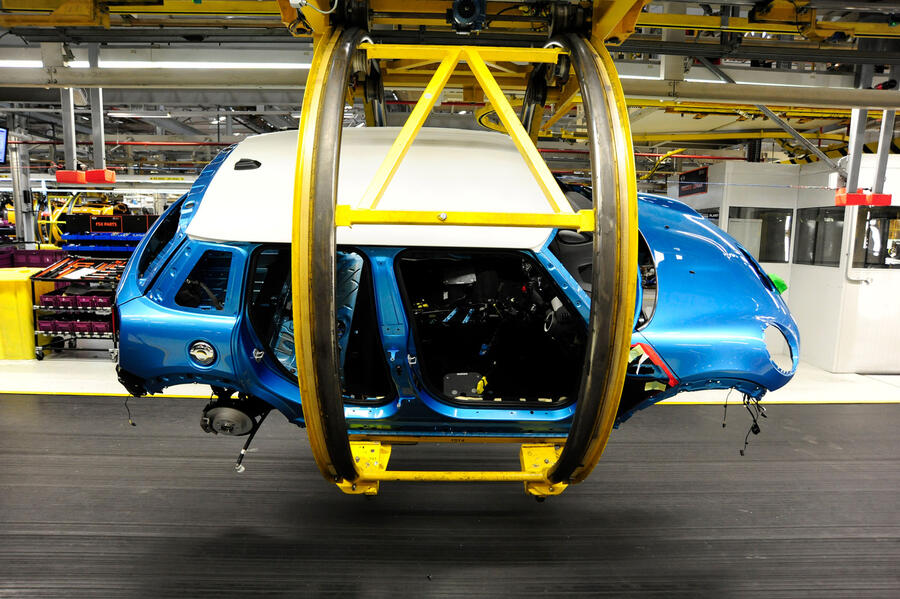
With modern factories operating according to a ‘just-in-time’ supply model, any delay at the border could prompt the temporary shutdown of individual lines or even entire factories, as we have already seen at Honda’s Swindon plant on two occasions, in December and January.
Tariffs and quotas
In the event of a no-deal Brexit, the UK would have traded with the EU as a “most preferred nation” under World Trade Organization rules so would have incurred tariffs of 10% on cars and 2-4% on their individual components, amounting to an estimated £2800 premium on an EU-built car for UK buyers. Under the terms of the deal now agreed, tariffs are imposed only on products that fail to meet ‘rule of origin’ requirements and no quotas have been imposed.
SMMT boss Mike Hawes said: “It’s no substitute to the benefits that we enjoyed under the EU, but the agreement does provide some hope and a platform, limiting some of the damage.” To avoid incurring tariffs on future electric cars built domestically and exported to the EU, the UK will need to drastically ramp up its battery production capacity to meet those requirements.
Supply chain
In a normal year, an estimated £13bn worth of automotive parts crosses the Channel, but the ‘rules of origin’ that were instrumental in securing tariff-free trade in new cars could make that figure shift.
Professor David Bailey of the Birmingham Business School said it was “good news in that there is full bilateral cumulation, allowing UK and EU parts to count towards local content rules”. He suggested the agreement “will be enough for most car makers in the UK to avoid tariffs”, despite the UK’s failure to attain a ‘diagonal cumulation’ with countries including Japan, Turkey and China.

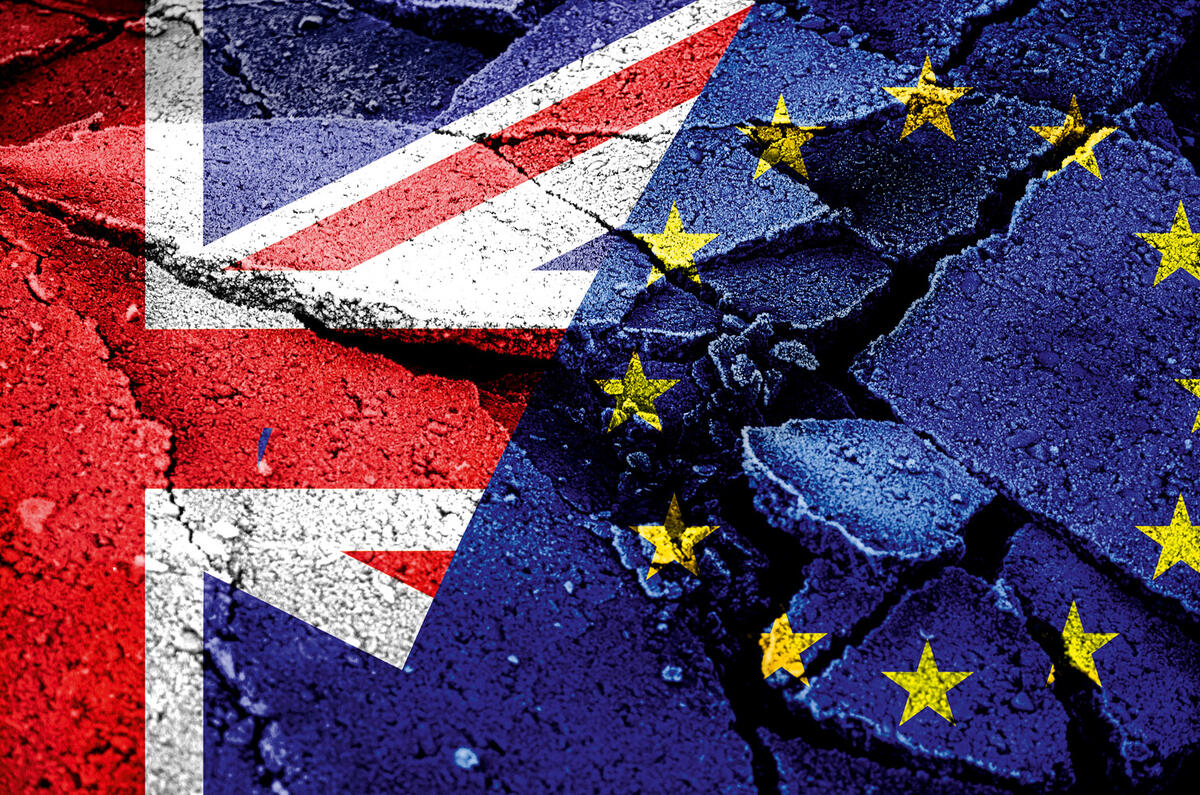
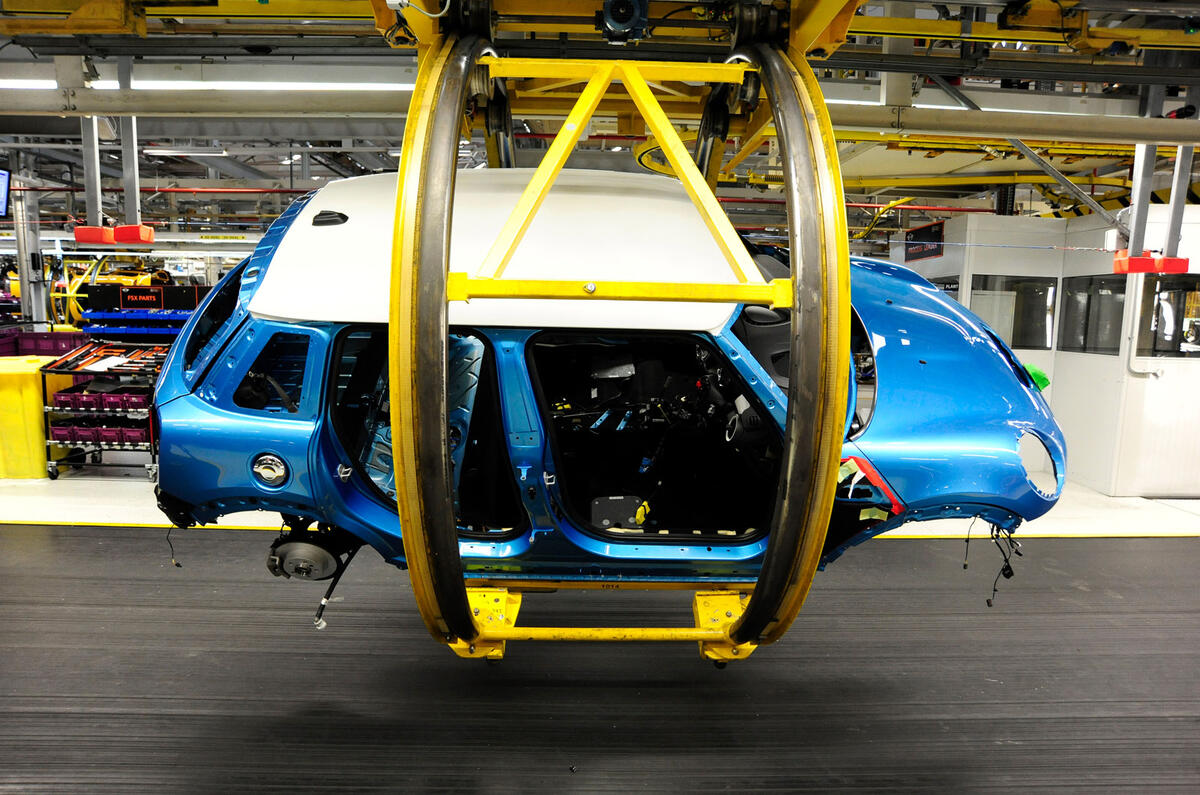
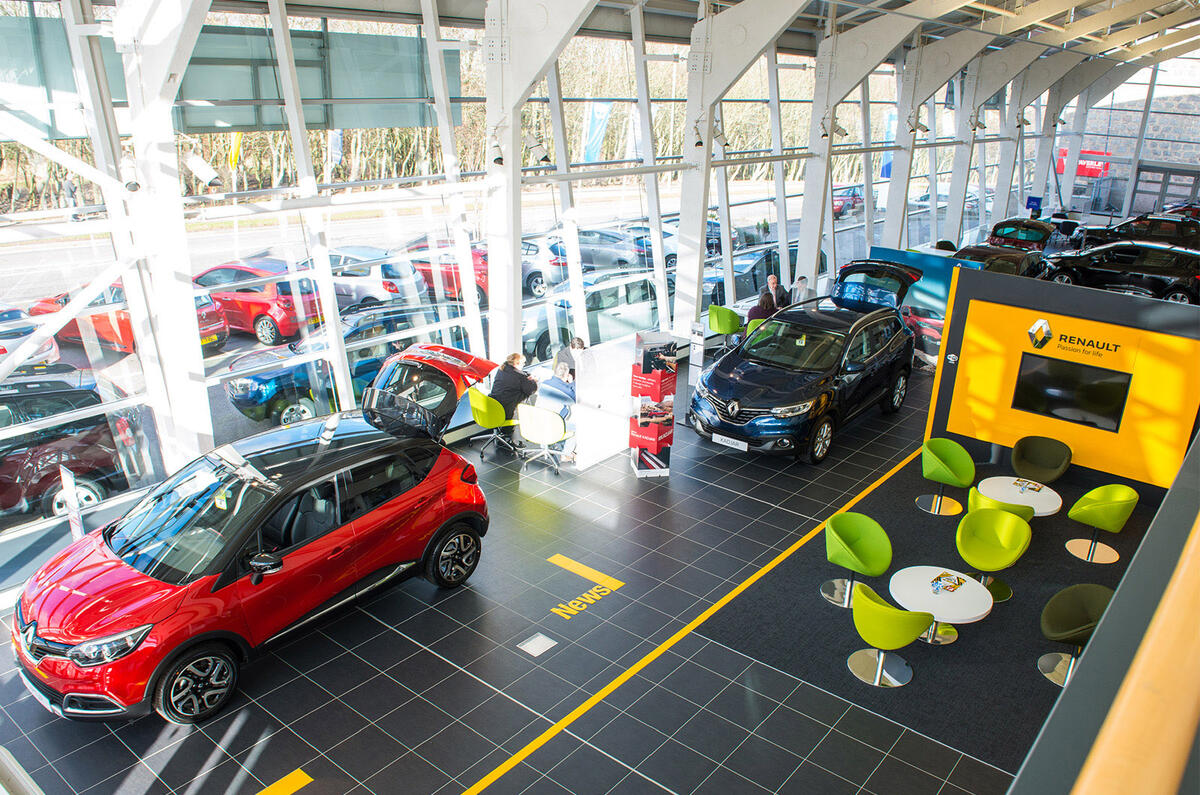

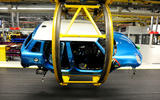
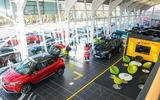

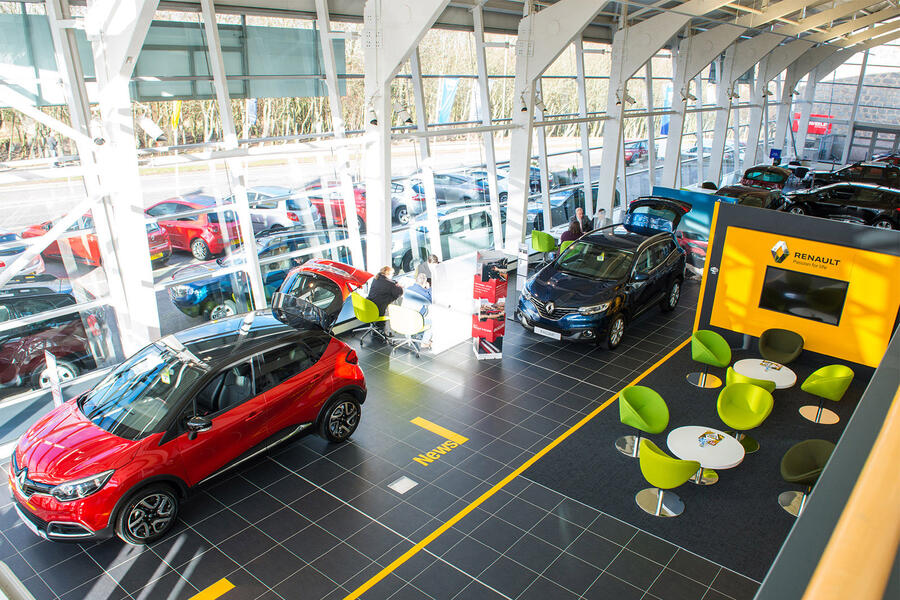





Join the debate
Add your comment
What's bringing the Country down?, read below, we're all a lot of keyboard Leaders, we think we know what's wrong and how to fix it, well, this is a Car mag, we want to talk about cars.
To be fair, the news has been filled with what is currently wrong and how Boriss Brexit has badly affected many businesses.
The funny one is the fishermen. Voted to be cut off from their main market and now are complaing that they are cut off from their main market! I have no sympathy for them.
This is a car magazine but your agenda doesn't involve cars. Take the argument you lost four years ago elsewhere.
Back on subject, it's Mike Hawes and his doom and gloom merchants at it again with their glass always half-full attitude.
Our car industry currently sells cars to China and America and elsewhere in the world without any apparent problem filling out customs forms so why should sending a product to the EU differ? They make it sound like someone has to write out a form for every individual car armed with a quill and Tipex. Or perhaps they type them out on a '70s mechanical typewriter?
Any new system will suffer from teething troubles but to suggest this is some sort of new problem is wide of the mark.
By the way, how does the EU manage to trade components and cars with the rest of the world - don't they have to fill out forms too? I've been saying the same this as soon as the word 'Brexit' was mentioned - how is it possible countries manage to trade with everyone else, but it's a problem between the UK and the EU? It's only a problem for those who want it to be a problem.
If I were a foreign-owned manufacturer currently in the UK, I may be considering pulling out simply because of the negativity of some folk. It's the same old British problem that's plagued our car industry from the very start - we find it hard to embrace change. Why can't these people look for solutions rather than dwell in the past?
When was that written?
Events have moved on a bit... In any event, the 'analysis' presented here is far too limited in scope to be truly representative!
Sorry guys: poor effort from Autocar!
Agree, not very informative or analytical.
The news has been filled with how many businesses are struggling with Boriss Brexit. It is a disaster for Britain.
Even companies that spent a lot on preparing for Brexit, as they were told to, have had the carpet pull from under their feet with Boriss Brexit. Nothing prepared them for this disaster, and how could it when they have been given no notice of the mess Boris created?
The choice now for manufacturers is do they move many of their plants to the UK to satisfy these requirements or do they move the one plant they have in the UK? Brexit puts Britain in a very difficult position and a huge disadvantage.
Boris Johnson is going down as the worst Prime Minister Britain has ever had.
In your opinion, no facts there, just opinion.
If you look at the news and how many businesses are struggling with Brexit is proof enough. Fact.
And look at how many businesses where struggling with the eu rules and payments prior to 2019. Another Fact.
Now you are making that up entirely.
EU rules were also British rules.